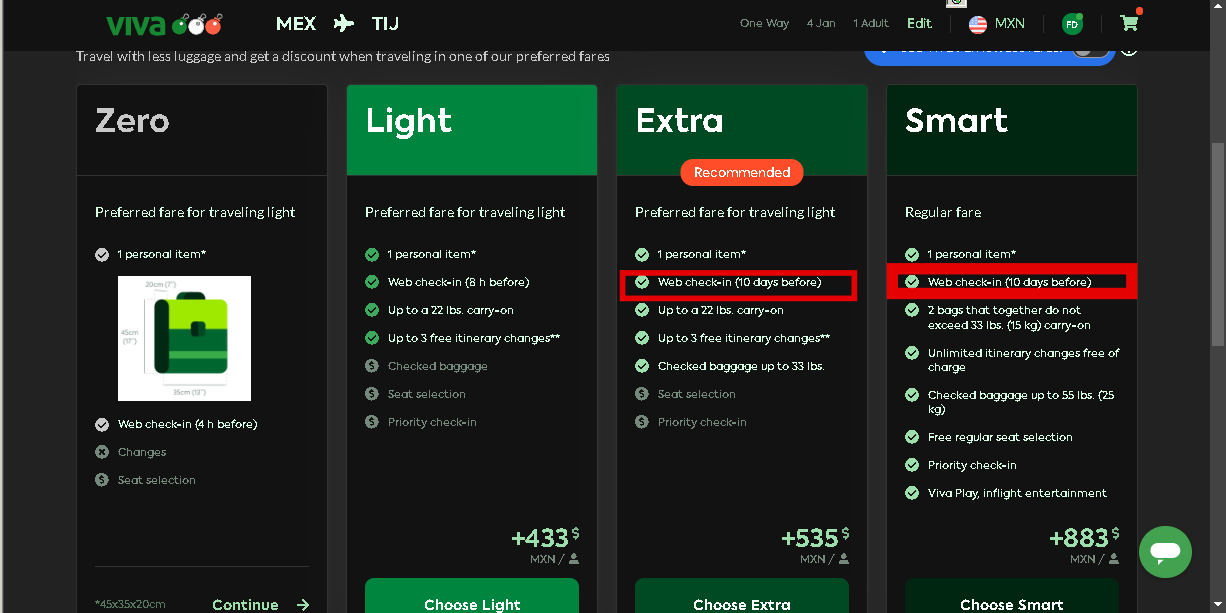I was looking at some VivaAerobús flight ticket and read that one may check in up to ten days prior to the flight departure:
(And the seat can be chosen when purchasing the ticket: "free regular seat selection" in the screenshot).
What's the point of checking-in several days before a flight?
Closevoters: the ability to check in early is part of the more expensive flight ticket option, therefore I wonder whether there exists some objective reason to check in early. It's not an opinion-based question.

